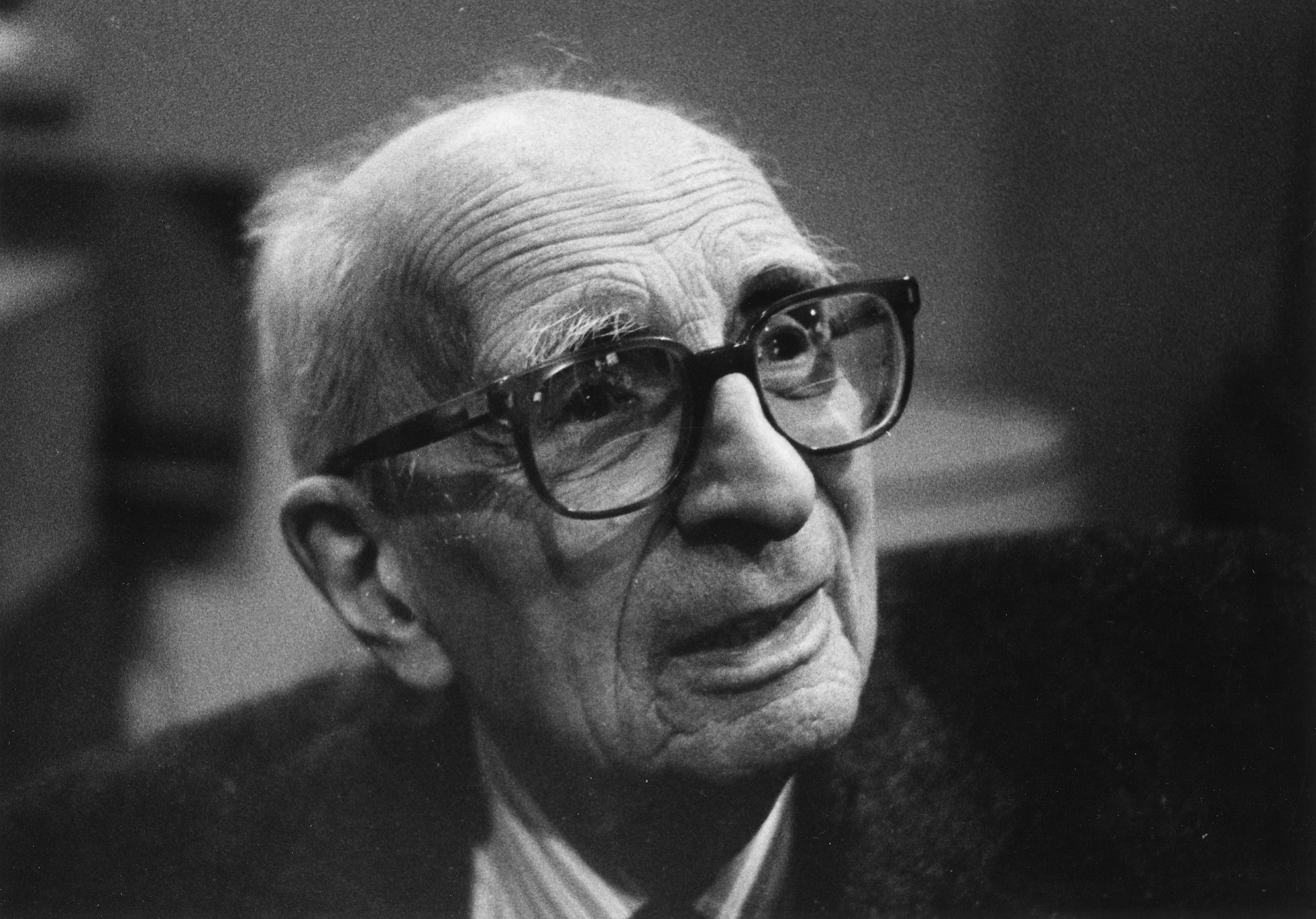
Los últimos días de enero y las dos primeras semanas de febrero estarán dedicadas al Seminario de Investigación.
Os recordamos que la asistencia a los cursos es obligatoria. En cada sesión de seminario circulará una hoja de control de asistencia que deberéis firmar y entregar a los profesores encargados del mismo.
Para la evaluación de su participación, los estudiantes (que no hayan optado por efectuar una presentación en el Seminario de Postgrado) redactarán una memoria (entre 2.000 y 2.500 palabras por memoria) en cada uno de los cursos impartidos por profesores invitados. Las memorias se subirán al aula virtual del Seminario siguiendo el procedimiento descrito para el resto de asignaturas y respetando los plazos marcados para las asignaturas del segundo cuatrimestre (1ª conv: 30/06/17; 2ª conv: 02/09/17). Sin embargo, recomendamos encarecidamente a los estudiantes que suban sus memorias al aula virtual a lo largo del mes de marzo de 2016.
Las asignaturas del segundo cuatrimestre darán comienzo el 13 de febrero, una vez hayan concluido los cursos del Seminario de Investigación.
27 de de gener de 2017
EVIDENCE IN THE SOCIAL SCIENCES (30 de enero – 2 de febrero de 2017).
Julian Reiss (Durham University, Reino Unido), julian.reiss@durham.ac.uk.
Contenido del curso:
Evidence-based policy and practice is widely advocated and fiercely debated. There are now six ‘What works’ centres in the UK which aim to implement evidence-based policy principles, mostly in areas of social research, and similar institutions can be found across the English speaking world and beyond. Proponents of evidence-based approaches to science and policy maintain that treatment decisions and policy interventions should be based on the best available evidence, a view that is hardly contestable. What is contestable, though, is the nature of the evidence on which treatment decisions and policies are supposed to be based, what qualifies as the ‘best’ evidence and what it means for a treatment decision or policy to be ‘based’ on evidence.
The focus of the proposed course is on this tangle of issues, including the following specific questions: what counts as evidence?; how do we reason with evidence?; are social scientific uses of evidence distinctive?; is evidence objective and what does that mean?; does the validity of evidential claims depend on the context in which they are uttered?; how can social policies be grounded in evidence?; does evidence from a variety of different sources (experimental and observational, textual and material) speak to each other?; can we have reliable knowledge of the past and seemingly unique events and conditions? We begin with a broad discussion of the nature of evidence and debates about its status, as foundational and objective, inferential and contextual. We then consider several more specific debates about evidential reasoning that have taken shape in economics, social policy, psychology, history and the law.
Temas y lecturas:
Background readings:
- Reiss, Julian 2011, ‘Empirical Evidence: Its Nature and Sources’, in Handbook of Philosophy of Social Science (ed. by Ian Jarvie and Jesús Zamora Bonilla), SAGE, 551-76.
- Reiss, Julian 2014, ‘What’s Wrong With Our Theories of Evidence?’, Theoria 29(2): 283-306.
- Norton, John 2005, ‘A Little Survey of Induction’, in Scientific Evidence: Philosophical Theories and Applications (ed. by P. Achinstein), Baltimore (MD): Johns Hopkins University Press: 9-34.
1. Evidence and Objectivity.
- Daniel Little, ‘Evidence and Objectivity in the Social Sciences’, Social Research, Vol. 60, No. 2 (Summer 1993), pp. 363-396.
- Montuschi, Eleonora 2014, ‘Scientific Objectivity’ in Philosophy of the Social Science: A New Introduction (ed. by Nancy Cartwright and Eleonora Montuschi), Oxford: Oxford University Press, pp. 123-144.
- Achinstein, Peter 2005, “Four Mistaken Theses About Evidence, and How to Correct Them”, Scientific Evidence: Philosophical Theories and Applications, Baltimore (MD): Johns Hopkins University Press, pp. 35-50
2. Evidence in Context
- Reiss, Julian 2015, ‘A Pragmatist Theory of Evidence’, Philosophy of Science 82(3): 341-62.
- Selections from Toulmin, Stephen 2003, The Uses of Argument, Cambridge: Cambridge University Press
3. Evidence-Based Economics and Policy
- Angrist, Joshua and Jörn-Steffen Pischke 2010, ‘The Credibility Revolution in Empirical Economics: How Better Research Design is Taking the Con out of Econometrics’, Journal of Economic Perspectives 24(2): 3-30.
- Munro, Eileen 2014, ‘Evidence-Based Policy’, in Philosophy of the Social Science: A New Introduction (ed. by Nancy Cartwright and Eleonora Montuschi), Oxford: Oxford University Press, pp. 48-68.
- Byrne, David, Wendy Olson and Sandra Duggan 2009, ‘Causality and Interpretation in Qualitative Policy Related Research’, in Handbook of Case-Study Research (ed by D. Byrne and C. Ragin), Thousand Oaks (CA): SAGE.
4. Singular Causation in Psychology, History, and the Law
- Elliott, Robert 2001, ‘Hermeneutic Single Case Efficacy Design (HSCED): An Overview’. in Schneider, K.J., JFT Bugental & JF Fraser Pierson (eds), Handbook of Humanistic Psychology: Leading Edges in Theory, Practice, and Research. 2 edn, London, pp. 351-360
- Reiss, Julian 2015, Causation, Evidence, and Inference, New York (NY): Routledge, Chapter 7: ‘Causation Without Counterfactuals’
- Dawid, Philip 2011, ‘The Role of Scientific and Statistical Evidence in Assessing Causality’ in Goldberg, Richard, Perspectives on Causation, Portland (OR): Hart Publishing
LUGAR Y HORARIO
Facultad de Filosofía y Ciencias de la Educación
Sala de Juntas (1ª planta)
17:00-20:30h (30 de enero-2 de febrero)
COLABORA: Banco Santander











